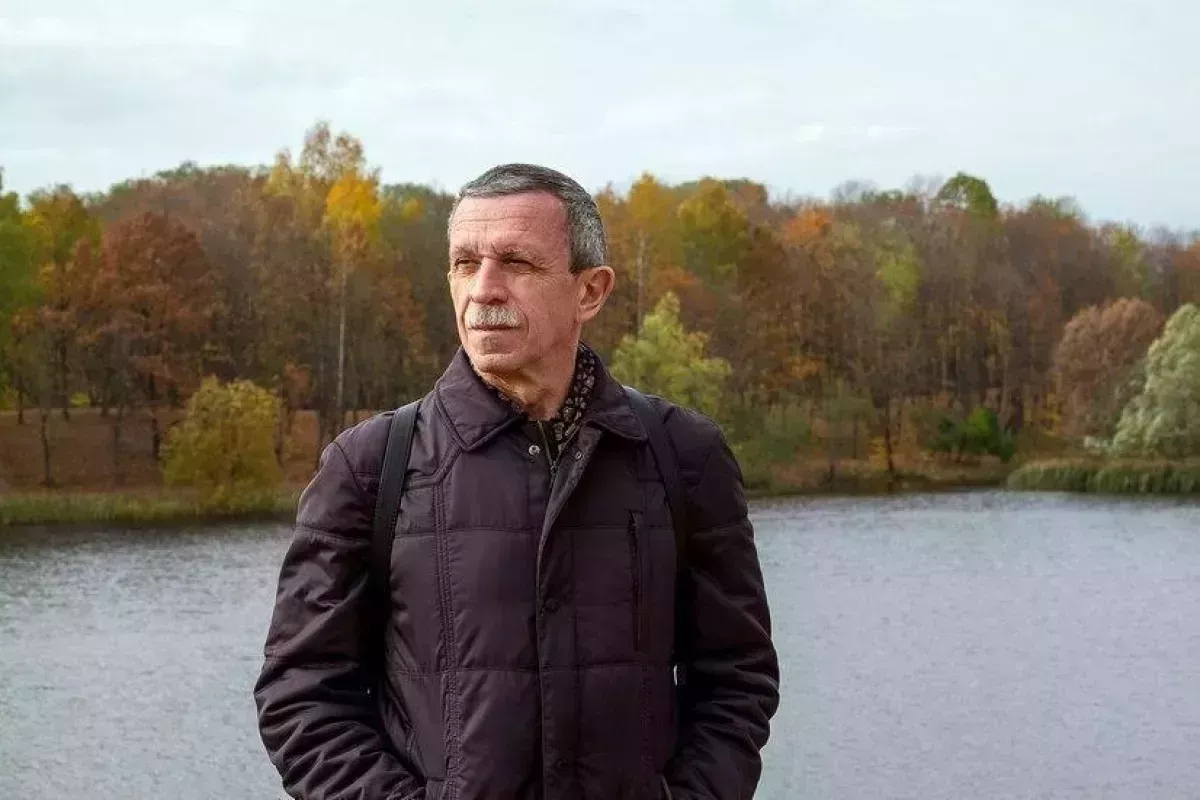"The Armenian Church is obsessed with nationalism and aggression" Expert opinions on Caliber.Az
Prime Minister Nikol Pashinyan has called on all concerned citizens in Armenia to take active steps toward rebooting the Church’s activities in the country and organising new elections for the Catholicosate. One of his proposals is the creation of a coordination group to oversee the reform process.
However, according to some Armenian politicians and experts, Pashinyan has taken a rather risky step by opting for the most radical methods without considering the potential consequences. At the same time, a number of political analysts support the prime minister, arguing that if the country’s religious authority has been usurped by a group of clerics whose actions pose a threat to the state’s very existence, then the issue must be addressed swiftly.
Georgian and Russian political analysts shared their views with Caliber.Az on the standoff between Pashinyan and the Armenian Apostolic Church (AAC).
According to Georgian analyst and candidate of political sciences Teimuraz Garishvili, it is difficult to imagine a similar situation arising in Georgia. Undoubtedly, such an open confrontation between secular and religious authorities could destabilise the situation in the country. However, if there is a risk that the clergy could provoke a civil war, then such religious figures pose a danger to the state.

“The issue is immensely complex and extremely difficult to comment on. Without a doubt, spiritual authority—the Church—is, by definition, a source of trust and peace, at least in secular states governed by democratic and legal institutions. It enjoys the support of the population, and the state, in turn, does its utmost to uphold this institution, recognising its societal significance and its moral and ethical role.
However, the Armenian Church differs markedly from Christian institutions in other countries, where a clergyman, regardless of his rank or position in the hierarchy, embodies moral and ethical values.
In the South Caucasus, the AAC, judging by the nature of its statements and actions, often resembles not so much a religious institution as a radical political party fixated on overt nationalism and aggression towards its neighbours.
We all witnessed what the Armenian Church turned into during the 44-day war and what became of it afterward. The Church began to support separatism even more actively than before 2020 and openly encouraged the idea of war with a neighbouring state.
At present, the AAC has all but merged with Armenia’s revanchist elements and has entered into open confrontation with the current authorities. Moreover, we are seeing how Catholicos Garegin II is attempting to compete with the secular leadership by making statements that undermine public trust in the democratically elected cabinet of the Armenian prime minister.
What we are witnessing is a paradox: the AAC, in essence, is calling for revolution and a forcible change of power. At least, that is how certain statements from the Armenian Patriarchate can be interpreted. The tense relationship between the AAC and Pashinyan’s cabinet has long been evident, and the Church has more or less made it clear that it would support a change in government.
So what is to be done when such a fifth column exists within the state?
Moreover, it is now obvious that the AAC is politically aligned with revanchist opposition parties, and there appears to be a shared feeding trough from which both clergy and politicians draw their sustenance. Therefore, it is difficult to view the Armenian Church as an institution removed from political strife in the country. Such open distrust towards a democratically elected government raises serious questions about the AAC itself.
An unwritten rule of religious institutions is that they should strive to find common ground with the current authorities, not engage in open confrontation. So what, then, distinguishes an Armenian clergyman from a radical politician?” said Garishvili.

Russian publicist Kirill Sitnikov, in turn, noted that the AAC has long been demonstrating anti-social behaviour through its actions, openly calling for violence and disregarding the authority of the state.
“After clashing with Pashinyan several years ago, Garegin II effectively embarked on a covert war against the government. Haven’t we seen images of Armenian priests holding assault rifles? It seems that after the 44-day war, the AAC redirected all its belligerence toward Pashinyan, signalling that it ‘won’t forgive him for the loss of Karabakh,’” Sitnikov said.
"Official Yerevan is in a constant state of confrontation with the AAC, and that is clearly abnormal. What’s more—it creates divisions within society. It’s hard to disagree that today’s Armenian clergy is affiliated with the forces of Robert Kocharyan and the Karabakh clan. This explains much of the current political landscape in Armenia," said Kirill Sitnikov.
"In essence, Pashinyan is not fighting the Church, but rather anti-popular structures that do not reflect the true will of the people in this country," he added.








